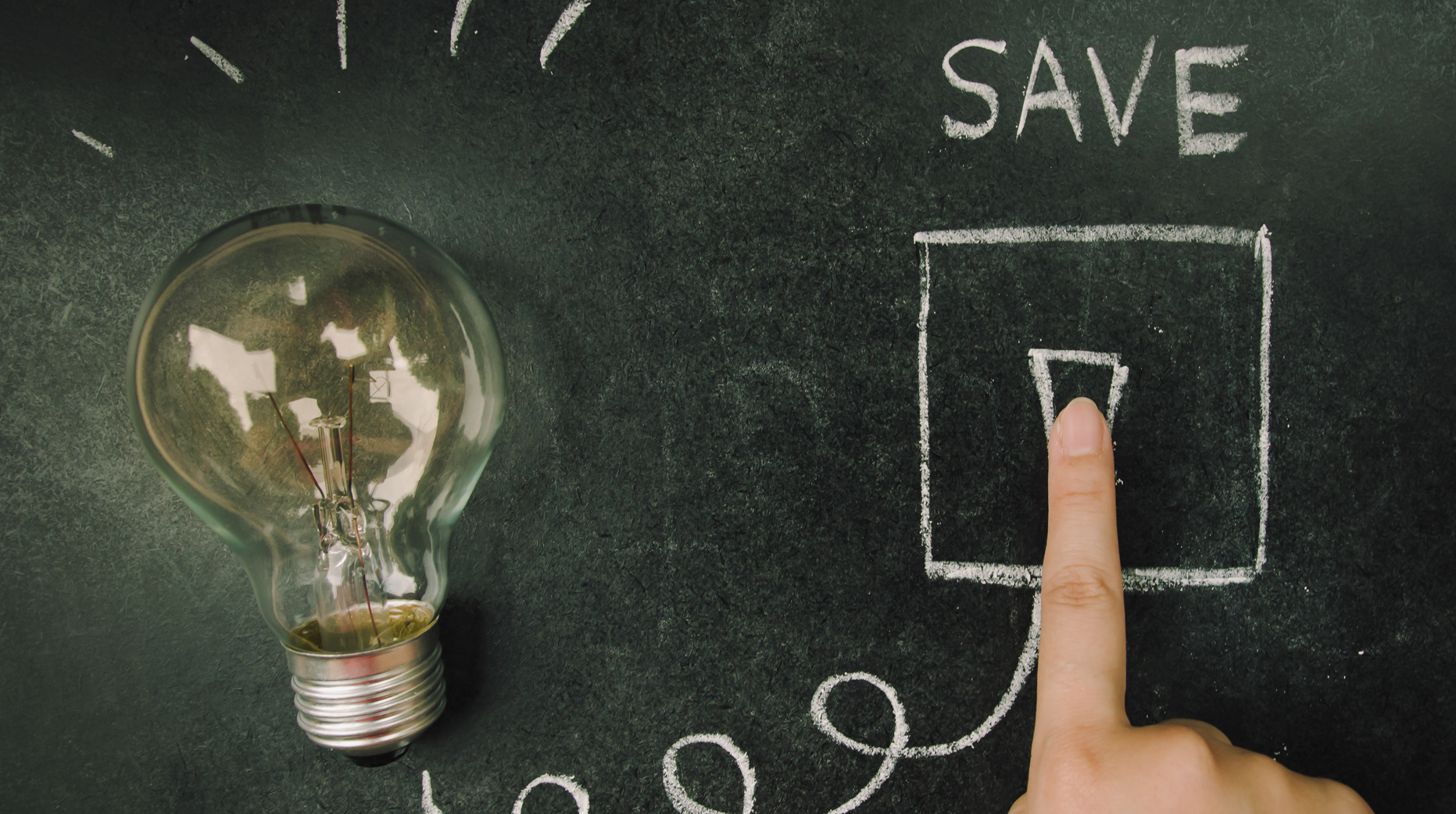I have been reading Your Money and Your Brain. Why we make bad decisions and how to avoid it according to neuroeconomics, by Pedro Bermejo (neurologist, doctor in neuroscience, and master in behavioral biology) and Ricardo Izquierdo (consultant, master in computer security).
Pedro and Ricardo are co-founders and president and vice president, respectively, of the Spanish Association of Neuroeconomics.
The authors divide the text into twelve chapters:
- Why Do We Think One Thing And Do Another?
Yes, the brain is the most complex structure in the known universe. The last part of the twentieth century was called "the decade of the brain". In 1994 Antonio Damasio published Descartes‘error, which emphasized the role of emotions in decision making. In 1998, neuroscience emerged as a research line with Paul Zak. A year later, the first scientific article on neuroeconomics was published in Nature.
In 2003 Gerald Zaltman, from Harvard, published How Customers Think and in 2002 Daniel Kahneman (father of Neuroeconomics) received the Nobel Prize in Economics for his "perspectives theory”. Sciences such as: Neurofinance, Neuromarketing and Neuromanagement were born with Neuroeconomics. - Cognitive And Emotional Methods Are The Bases Of Neuroeconomics.
The first is an objective and reproducible way; the second a subjective, inaccurate and quick one. We used the emotional and intuitive method due to its speed and because it has sparked some emotion. The authors cite as example the "tulip bubble" from the last part of the Sixteenth Century in Holland. - Neuroanatomy Of Economic Decisions:
The system of reward and risk aversion. Dopamine acts through three levels in the brain reward system: encouraging the necessary actions to get the reward, facilitating learning to achieve it and fixing attention on that reward.
The reward system acts in the prefrontal cortex (that manages emotions), the limbic system and the accumbens nucleus (brain center of pleasure and desire). In the risk aversion system the amygdala, insula, hypothalamus and locus coeruleus are involved. An example is to play in a casino. - Financial Bubbles And Stock Market Cracks:
Already in 1916, Clement Juglar demonstrated that crises are cyclical. Its phases are: reactivation (optimism, excitement), boom (euphoria), crisis / recession (fear, despair), depression (panic) and again reactivation (relief, optimism). Serotonin is the brain chemical involved in the acquisition of numerous social behaviors. - Neuromarketing:
"To effectively manipulate people, you need to convince that nobody manipulates them" (J.K. Galbraith). Drucker defined marketing in 1954 as "the vision of business from the customer's perspective" and 45 years later research began with neuroscientific techniques at Harvard (FMRI, EEG).
The main results of this discipline: gain or loss produces a biological change with direct effects on the brain and organism; against the repetition of stimuli, our brains unconsciously thinks that the stimulus will be repeated again; achieving a reward causes neuronal activity similar to cocaine or morphine; economic losses are recorded in the same area of the brain as the pain or risk of death are recorded; expectations of events produce more intense emotions than the actual events.
"Google" effect (activate the accumbens nucleus by money, sex, gifts, tobacco, alcohol, halo (everything good), devil (everything bad ), herd (where people go), fear (is less if others suffer, too), and other misperceptions. - Factors Determining Purchasing Processes:
Colors (red is power and passion, green is youth, blue is trust, purple is luxury, sophistication is black, yellow is affability, orange is comfort, pink is sweetness, brown is warmth, white is sobriety), sound (romantic music, rock, pop), smells (shoots contemplative buying 14% and none of the impulsive one), touch ... multisensory advertising. - Neuromarketing Applied To Customer Needs And Brand Positioning.
Maslow's pyramid serves to identify the needs of consumers. The probability that a client detects the most expensive wine is 50% (pure chance). Example: the "Pepsi Challenge" (which is a triumph of Coca-Cola as a brand). - Neuromarketing Applied To Pricing Strategies:
A sense of justice and fairness. We form perceptions of "high price", "unacceptable price", "unfair price" and also optimal, magical, expected, normal and prestige price (the most expensive is the best). Example: Nespresso (10 capsules with 50 oz of coffee at 3'30 €; 66 € the Kg. Illy is at 17'25 €. A 0.33 € capsule seems insignificant). - Neuromanagement.
The Peter or incompetence Principle (linear development), expectations (Pygmalion effect). Trust in others has to do with oxytocin. Handsome people earn 12% more than ugly ones. - Differences Between Male And Female Brain.
In 2001 a study was conducted over trading operations: men made up to 45% more, with a 1.4 % less annual return. Single men did 67% more operations with a profit of less than 2.3% compared to single women. Age does not influence decision making, except in financial issues (younger, due to less dopamine). - Environmental Influences On Decision Making.
"No one would remember the Good Samaritan if he'd only had good intentions; he also had money" (Margaret Thatcher). The light intensity makes prices go up (2003) and reduces our memory. Not sleeping affects our decision making (Duke University). - Investments And Purchases Based On Neuroscience.
Five premises, no one can predict the future, companies with high expectations are especially dangerous, "the secret to making money in the stock market is to buy when everyone else sells and sell when everyone buys" (Warren Buffet), be careful with our expectations.
Topics:
Brain Health & Wellbeing
- i4 Neuroleader (353)
- Leadership & Culture (325)
- Brain Health & Wellbeing (202)
- Innovation (97)
- Performance (85)
- Our News (80)
- Collaboration (68)
- Agility (53)
- Practitioner Stories (44)
- In The Press (36)
- Make Me A Leader (33)
- Balance (31)
- Integration (30)
- Imagination (29)
- Awareness (23)
- Brain-Friendly Channel (22)
- Communication (22)
- Curiosity (21)
- Inspiration (19)
- Intuition (19)
- Attitude (17)
- Courage (16)
- Adaptability (14)
- Case Studies (14)
- Drive (14)
- Generosity (13)
- Brain-Friendly Leadership (11)
- Ethics (9)
- Mental Readiness (9)
- Influence (8)
- Retreat (6)
- Brain-Friendly Leadership (1)
- Oracle Cards (1)
- 1 April 2025 (1)
- 1 March 2025 (9)
- 1 February 2025 (3)
- 1 September 2024 (4)
- 1 July 2024 (2)
- 1 June 2024 (6)
- 1 May 2024 (2)
- 1 April 2024 (3)
- 1 March 2024 (1)
- 1 November 2023 (1)
- 1 August 2023 (1)
- 1 July 2023 (2)
- 1 June 2023 (2)
- 1 May 2023 (4)
- 1 April 2023 (2)
- 1 March 2023 (7)
- 1 February 2023 (4)
- 1 January 2023 (1)
- 1 September 2022 (1)
- 1 May 2022 (3)
- 1 April 2022 (1)
- 1 March 2022 (5)
- 1 February 2022 (4)
- 1 January 2022 (4)
- 1 December 2021 (2)
- 1 November 2021 (4)
- 1 October 2021 (3)
- 1 September 2021 (6)
- 1 August 2021 (1)
- 1 April 2021 (1)
- 1 December 2020 (2)
- 1 November 2020 (1)
- 1 September 2020 (1)
- 1 August 2020 (1)
- 1 July 2020 (3)
- 1 June 2020 (4)
- 1 May 2020 (3)
- 1 April 2020 (4)
- 1 March 2020 (6)
- 1 February 2020 (4)
- 1 January 2020 (2)
- 1 December 2019 (3)
- 1 November 2019 (3)
- 1 October 2019 (5)
- 1 September 2019 (4)
- 1 August 2019 (4)
- 1 July 2019 (4)
- 1 June 2019 (5)
- 1 May 2019 (9)
- 1 April 2019 (9)
- 1 March 2019 (8)
- 1 February 2019 (7)
- 1 January 2019 (8)
- 1 December 2018 (5)
- 1 November 2018 (10)
- 1 October 2018 (16)
- 1 September 2018 (9)
- 1 August 2018 (10)
- 1 July 2018 (9)
- 1 June 2018 (8)
- 1 May 2018 (9)
- 1 April 2018 (9)
- 1 March 2018 (9)
- 1 February 2018 (8)
- 1 January 2018 (8)
- 1 December 2017 (6)
- 1 November 2017 (9)
- 1 October 2017 (9)
- 1 September 2017 (8)
- 1 August 2017 (10)
- 1 July 2017 (8)
- 1 June 2017 (8)
- 1 May 2017 (9)
- 1 April 2017 (8)
- 1 March 2017 (6)
- 1 January 2017 (3)
- 1 December 2016 (4)
- 1 November 2016 (5)
- 1 October 2016 (4)
- 1 September 2016 (2)
- 1 August 2016 (4)
- 1 July 2016 (4)
- 1 June 2016 (2)
- 1 May 2016 (3)
- 1 April 2016 (3)
- 1 March 2016 (7)
- 1 February 2016 (2)
- 1 January 2016 (5)
- 1 December 2015 (2)
- 1 November 2015 (2)
- 1 October 2015 (4)
- 1 September 2015 (2)
- 1 August 2015 (2)
- 1 July 2015 (1)
- 1 June 2015 (3)
- 1 May 2015 (4)
- 1 April 2015 (5)
- 1 March 2015 (3)
- 1 February 2015 (3)
- 1 January 2015 (3)
- 1 December 2014 (3)
- 1 November 2014 (3)
- 1 October 2014 (3)
- 1 September 2014 (5)
- 1 August 2014 (4)
- 1 July 2014 (5)
- 1 June 2014 (3)
- 1 May 2014 (1)
- 1 March 2014 (1)
- 1 December 2013 (2)
- 1 November 2013 (1)
- 1 July 2013 (1)
- 1 June 2013 (1)
- 1 May 2013 (3)
- 1 April 2013 (1)
- 1 March 2013 (2)
- 1 February 2013 (1)
- 1 January 2013 (2)
- 1 November 2012 (1)
- 1 October 2012 (1)
- 1 September 2012 (1)
- 1 August 2012 (2)
- 1 July 2012 (1)
- 1 June 2012 (1)
- 1 May 2012 (2)
- 1 April 2012 (1)
- 1 February 2012 (1)
- 1 January 2012 (1)
- 1 November 2011 (1)
- 1 October 2011 (3)
- 1 September 2011 (2)
- 1 July 2011 (1)
- 1 June 2011 (1)
- 1 May 2011 (1)
- 1 April 2011 (1)
- 1 March 2011 (1)
- 1 February 2011 (2)
- 1 January 2011 (4)
- 1 December 2010 (4)
- 1 November 2010 (3)
- 1 October 2010 (5)
- 1 September 2010 (4)
- 1 August 2010 (4)
- 1 July 2010 (3)
- 1 June 2010 (4)
- 1 May 2010 (7)
- 1 April 2010 (5)
Subscribe by email
Share this
You May Also Like
These Related Stories
What Turned You On Today?


What Turned You On Today?
9 May 2012
2
min read
Psychopaths | Human Predators


Psychopaths | Human Predators
2 January 2012
3
min read
Paying Attention


Paying Attention
25 August 2010
1
min read


No Comments Yet
Let us know what you think